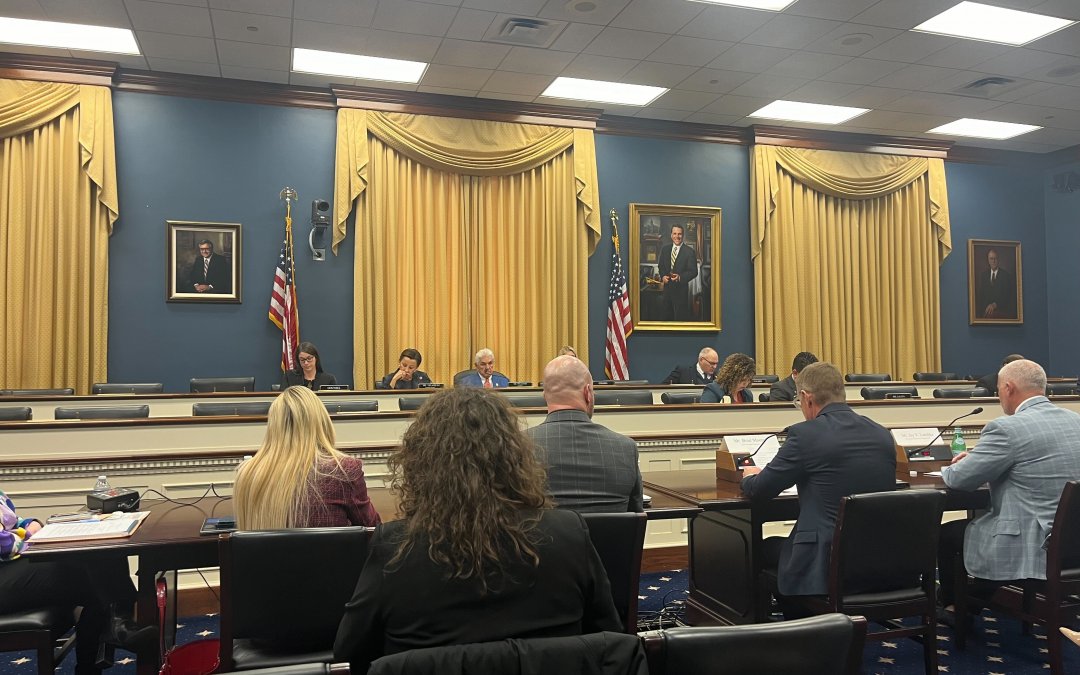WASHINGTON – The Small Business Administration (SBA) is adjusting standards that determine which businesses can access government contracts and benefits designated for small businesses. These policy changes may alter small businesses’ competition and access to federal resources.
“Changes to small-size standards and policies can be a double-edged sword if not done correctly,” said Rep. Nydia Velázquez (D-N.Y.). “We do not want to disincentivize or punish growth, but we must also carefully ensure we do not prematurely push small businesses into a market where they cannot compete.”
The Small Business Act of 1953 authorized the SBA to establish specific small business size standards. This act was updated in 2010 with the Small Business Jobs Act, which requires the SBA to reassess small business standards industry-by-industry every five years.
To determine the standards a small business must adhere to, the SBA uses the North American Industry Classification System (NAICS), which groups together businesses based on similarities in their processes to manufacture their goods and services. Small businesses are typically limited by either a maximum revenue or employee count depending on their NAICS code. According to Velázquez, this system has resulted in there being 40% fewer small businesses over the last decade.
Erin Allen is the president of Contemporaries, a staffing solutions firm in the D.C. area. According to Allen, her business applies to multiple NAICS codes, resulting in Contemporaries teetering on the edge of no longer qualifying as a small business under federal classifications. Losing the benefits of being classified as a small business would result in her having to lay off 30% of her workforce.
“The SBA should look at industries more holistically… rather than just using a formula,” said Allen. “I cannot compete with large contractors.”
To avoid shutting down after graduating from the small business level, many businesses look towards joint venture agreements, which occurs when a small business partners up with a larger firm in the same industry.
Joint venture agreements provide financial relief for small businesses, but they also enable large businesses to continue to compete in the small business economy. According to Rep. Marie Gluesenkamp Perez (D-Wash.), many of these joint venture agreements result in small businesses owning 51% of their business, with large companies owning the other 49%.
“Problems arise when these big guys utilize small business as a vehicle to get federal work otherwise set aside for small businesses,” Gluesenkamp Perez said. “Large businesses are getting this advantage that Congress set aside for the small guys who can’t otherwise compete.”
The next logical solution seems to be raising the “out of date” SBA size standards, according to Rep. Mark Alford (R-Mo.). Andrew Christ, COO of Compass Constructors, said that “very small” businesses are against this decision because it creates a “glass ceiling” that results in competition against “larger” small businesses for government benefits and contracts.
Rep. Morgan McGarvey (D-Ky.) suggested that to avoid complications with raising size standards, the SBA should implement an “offramp” program, which would assist businesses in the period after graduating from small business status. This period is notoriously difficult for growing small businesses and is referred to as the “valley of death” by the Department of Defense.
McGarvey asked Brad Moore, CEO of Sterling Computers, a company that struggled when graduating from small business status, if an “offramp” program would have made this transition process less burdensome on his company. Moore said, “Definitely.”
Overall, changing SBA size standards is widely supported, but any changes to these standards can have wide-ranging implications for small businesses across the nation.
“How the Small Business Administration defines ‘small’ can have an enormous impact on the success of an individual’s small business as well as the collective success of small businesses across the country,” said Velázquez.


